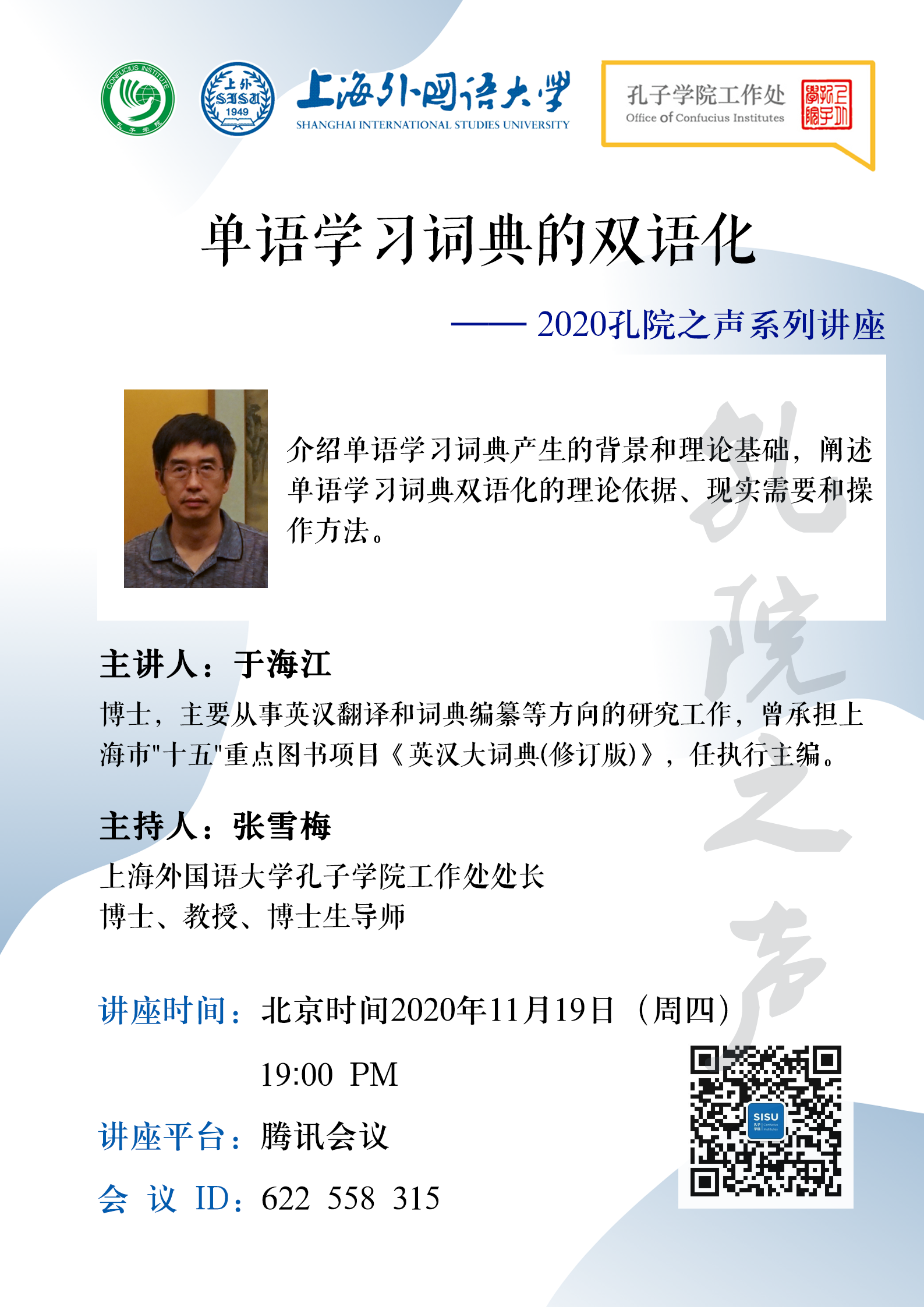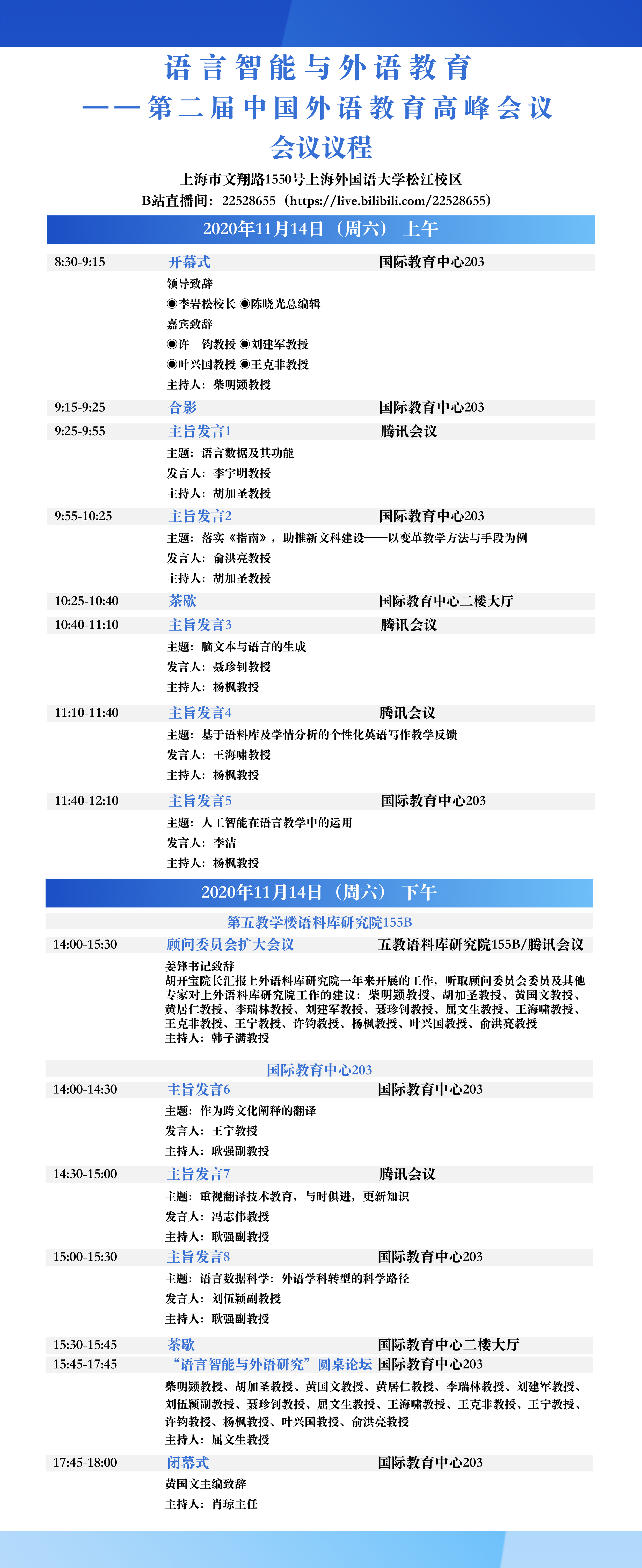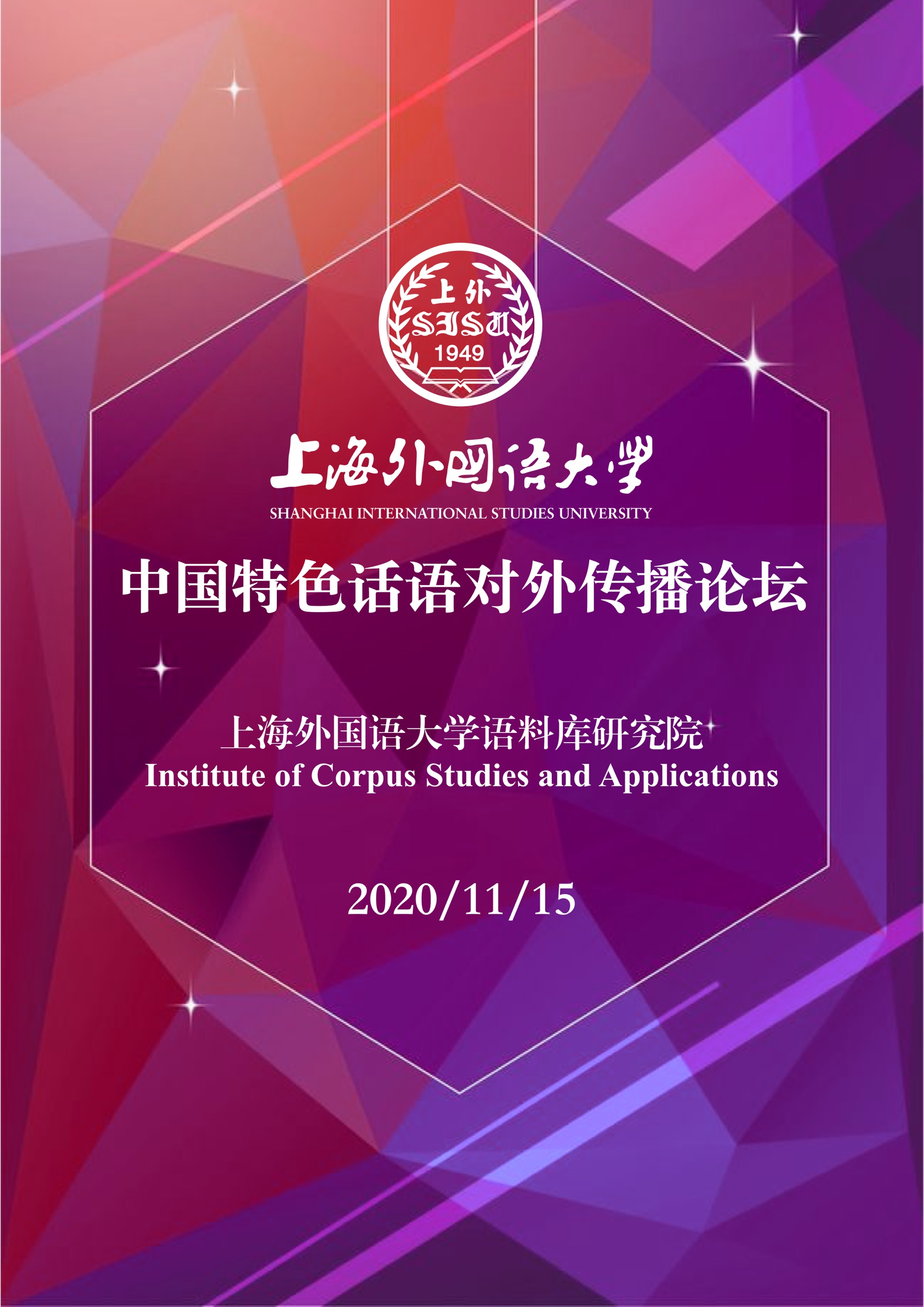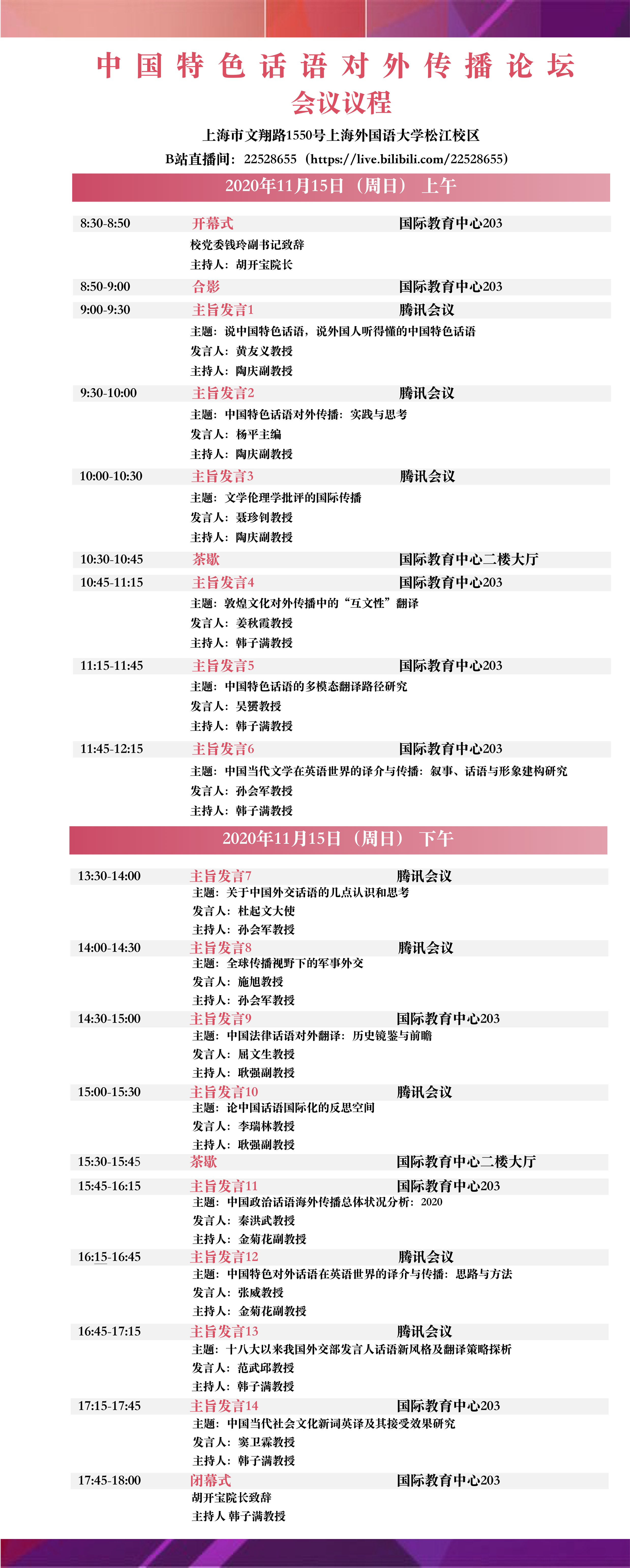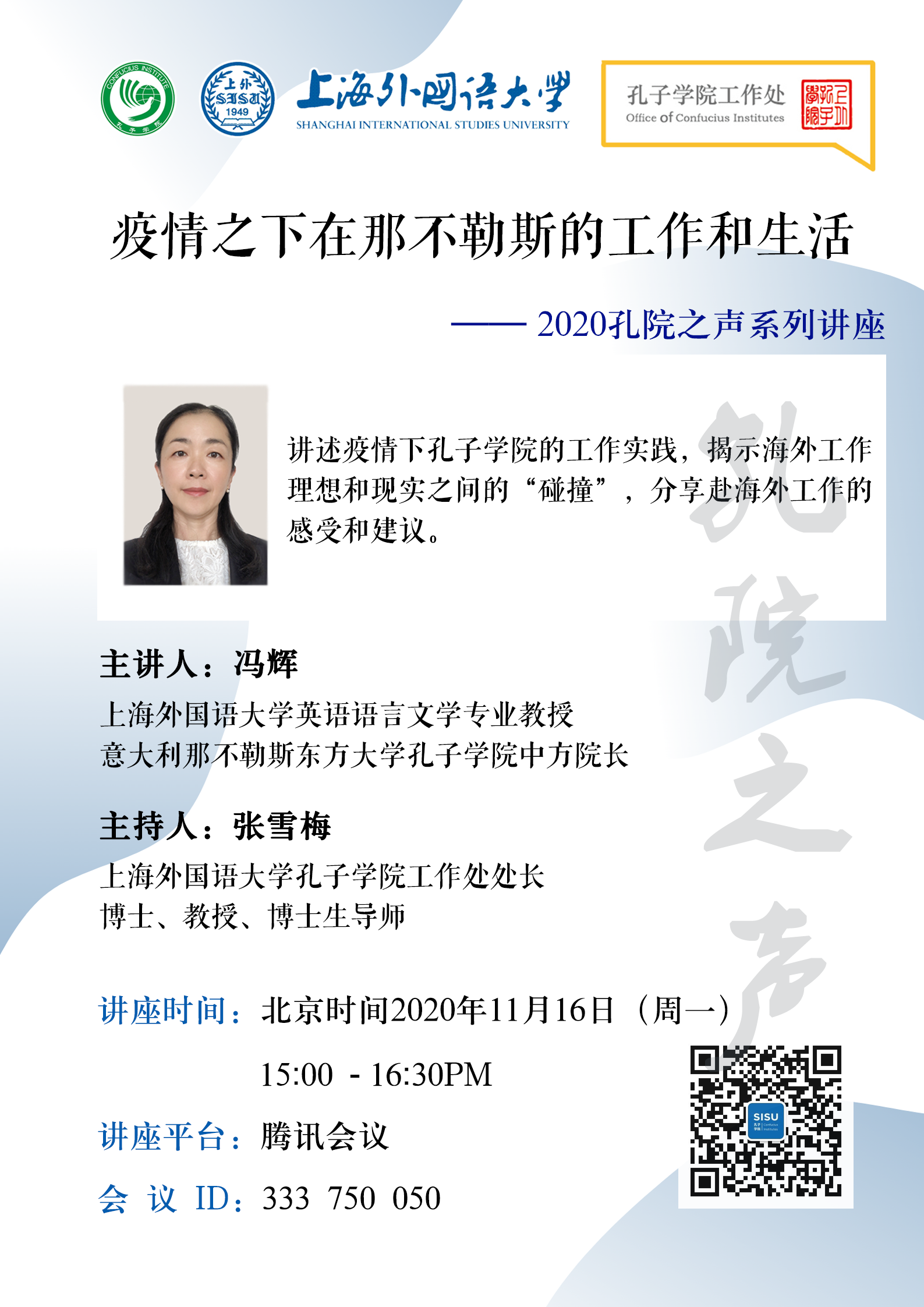
Autochthony is a term which derives from two Greek words, and designates indigenousness and the idea that a community has always lived in the same place, thus they are not immigrants. In ancient Greece this idea was constructed around narratives involving mythical heroes and groups of people being sprung from the soil. The claim of being indigenous to the land is one of the most powerful and ancient narratives of national pride and racial supremacy, and, like all myths of collective identity, is adjustable to different contexts and mindsets. In ancient Greek culture almost every Greek and non-Greek community could have a claim to autochthony, although those of a more panhellenic relevance stand out in our sources; prominent among these is the case of the ancient Athenians. In my talk, I will concentrate on ancient Athenian claims of autochthony and relevant myths, as described in textual and visual sources of the archaic and classical periods of Greek history (6th / 5th centuries BCE). I will also be exploring the significance of this claim for the ancient Athenians at critical moments of their history, and its use in order to boost morale, create a sense of distinguished ethnic identity and justify claims of political dominance and expansion.
Maria Fragoulaki
Dr Maria Fragoulaki is a lecturer in ancient Greek history in Cardiff University, Wales, UK. She specialises in Thucydides, an Athenian historian of the fifth century BC, known also for his influence on all history-writing until our day, modern political theory and the philosophy of history. She also researches, teaches and writes on other Greek historians, such as Herodotus, Greek myth, collective memory and identity, and modern theoretical approaches to classics. For more information See https://www.cardiff.ac.uk/people/view/73018--maria
新闻报道



